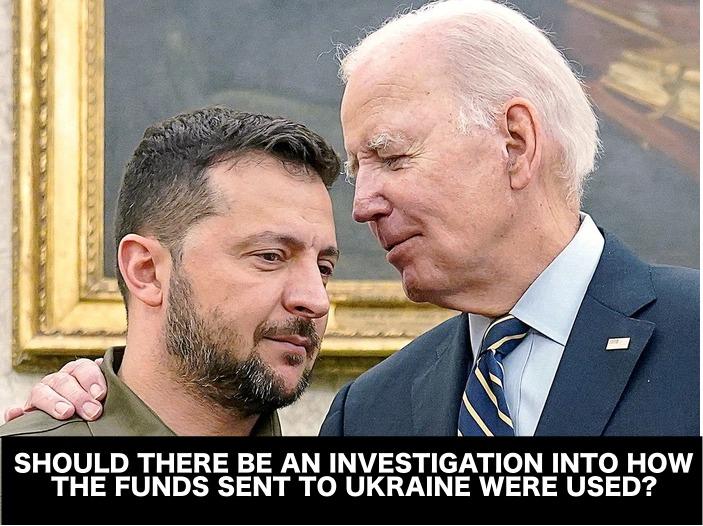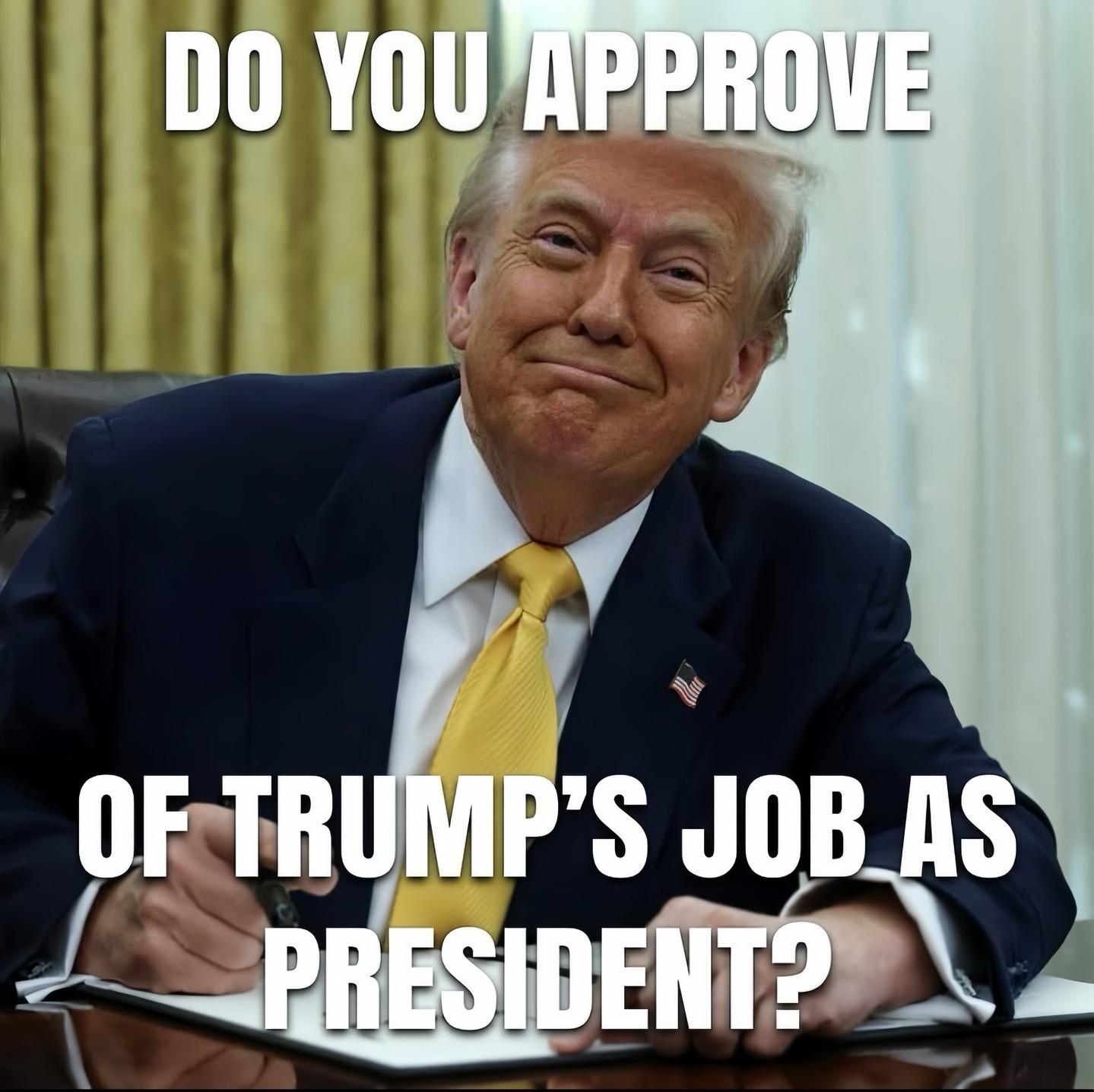Proponents of the coup narrative, such as Robert Reich in Common Dreams (February 14, 2025), argue that the Trump-Musk alliance’s actions—freezing federal funding, accessing sensitive Treasury data, and firing federal workers—constitute an illegal power grab. Dame Magazine (February 25, 2025) warns of compromised personal data and economic instability, citing inflation spikes and volatile markets as fallout from Musk’s influence. A post on X by @solari_the (April 30, 2025) claimed $21 trillion has “gone missing,” pointing to a broader financial conspiracy. These sources suggest a coordinated effort to hollow out government services, with Musk’s DOGE team rewriting Social Security code and monitoring federal emails, per Wired and NPR (April 16, 2025). Critics like historian Ruth Ben-Ghiat call it a “new kind of coup,” driven by tech elites rather than military force, as noted in Civil Discourse (February 5, 2025).

Yet, mainstream media outlets like The New York Times and The Washington Post have framed these actions as “executive overreach” or “government reorganization” rather than a coup, drawing criticism for downplaying the threat. The Present Age (February 4, 2025) argues this reluctance normalizes Musk’s unprecedented access to federal systems. However, no major outlet has verified claims of trillions missing, and Snopes has debunked related exaggerations about systemic collapse. The absence of concrete data—such as specific financial losses or legal rulings—weakens the coup narrative, suggesting it may be amplified by alarmist rhetoric.

The media’s hesitation to label this a “coup” stems from both journalistic caution and structural biases. On the Media (April 9, 2025) highlights how outlets avoid inflammatory terms to maintain credibility, especially without irrefutable evidence. The Washington Post (November 12, 2020) notes the media’s struggle to balance warning of worst-case scenarios with avoiding sensationalism, a lesson applied here. Meanwhile, Common Dreams suggests corporate media’s ties to billionaire interests—evident in their coverage of Musk’s Twitter takeover—mute criticism of his current role. On X, users like @MikeFromPV (May 4, 2025) point to private equity schemes shielded from scrutiny, hinting at broader financial maneuvers ignored by major networks. Yet, the complexity of federal finance and the lack of accessible evidence make it hard for journalists to distill the story without risking overreach.
The “financial coup” narrative, while compelling, remains fragmented, relying on speculative leaps rather than hard proof. Americans concerned about government transparency should monitor court rulings, like the NIH funding freeze lift cited by Dame Magazine, and demand accountability from elected officials. Until clearer evidence emerges, the media’s restraint—while frustrating—reflects the challenge of covering a story where facts are scarce and stakes are high.






